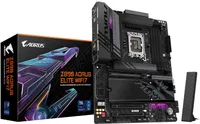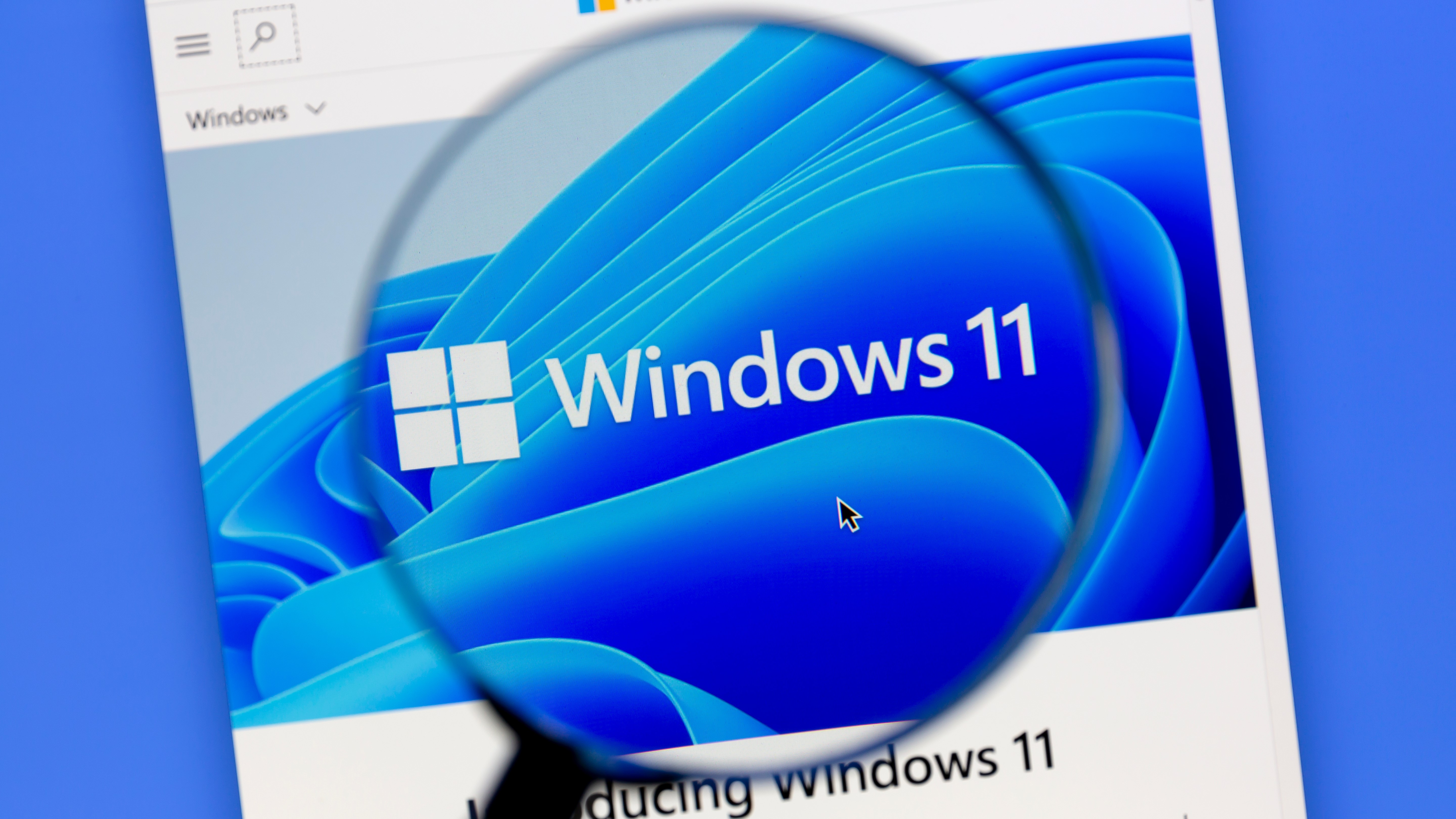Getting a gaming PC? 7 things you need to know before you buy
Here are tips to make buying your next gaming PC a headache-free doddle
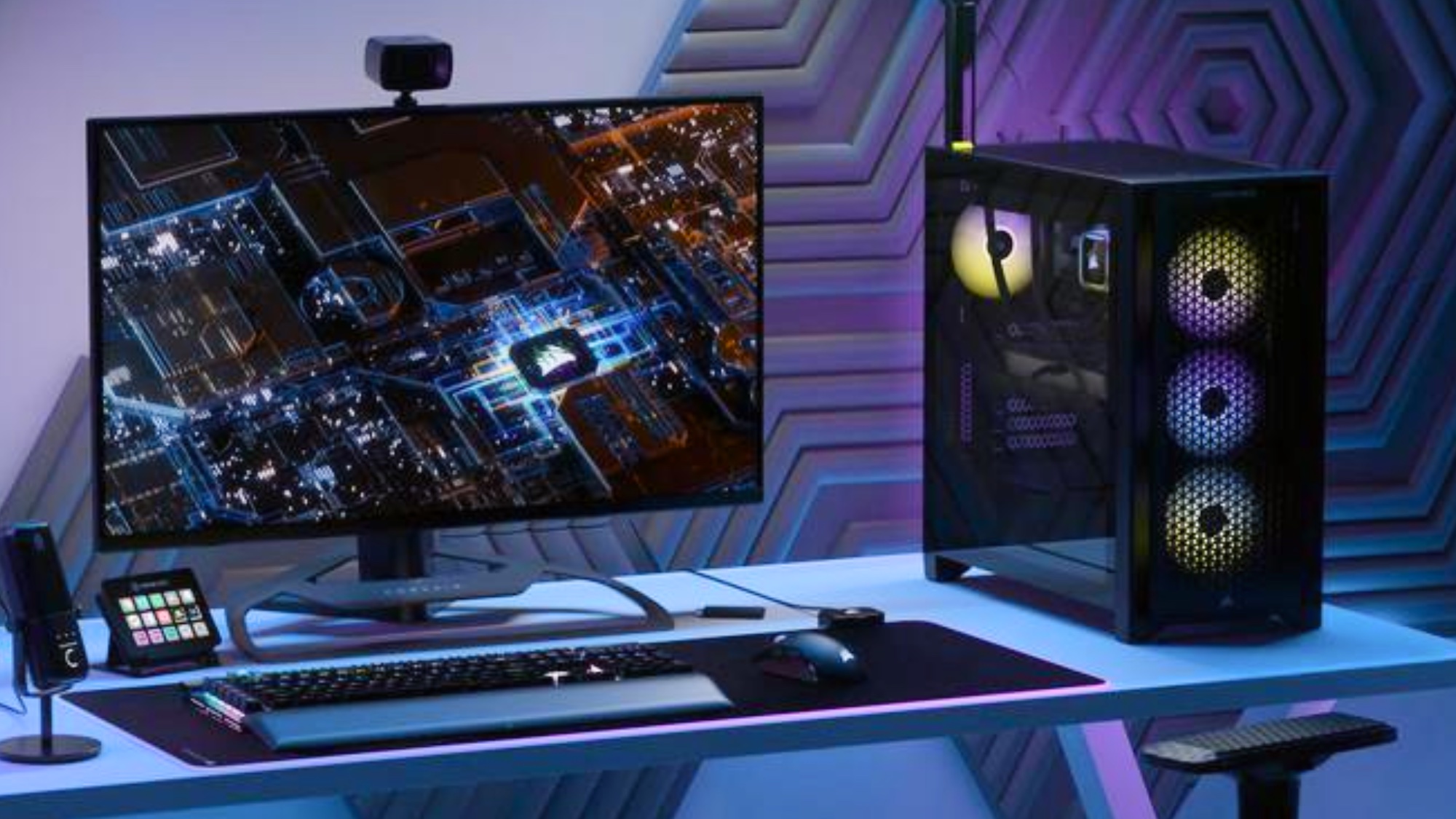
If you’re looking for an open-ended platform that can provide far better graphics and considerably smoother frame rates than either the PS5 or Xbox Series X, you need a quality gaming PC. Whether you’re looking to buy one of the best gaming PCs or want to build a rig of your own, there are key questions you need to ask yourself before you take the plunge on the system of your dreams.
Any gaming PC is only as good as its internal components, so there’s no point choosing a pre-built rig with tons of flashy RGB lighting if its GPU and CPU aren’t up to the job. Selecting the right graphics card and processor for your gaming needs should obviously be your top priority, yet there are other important factors to consider when it comes to choosing your next gaming rig.
Below, we’ll provide advice that will make picking out your next PC easier. From selecting a case that will keep your system cool and quiet, choosing the right motherboard to power your favorite games, to future-proofing your rig for years to come with a powerful PSU, here are 7 tips you need to know if you’re planning to get a new gaming PC.
1. Getting the right GPU
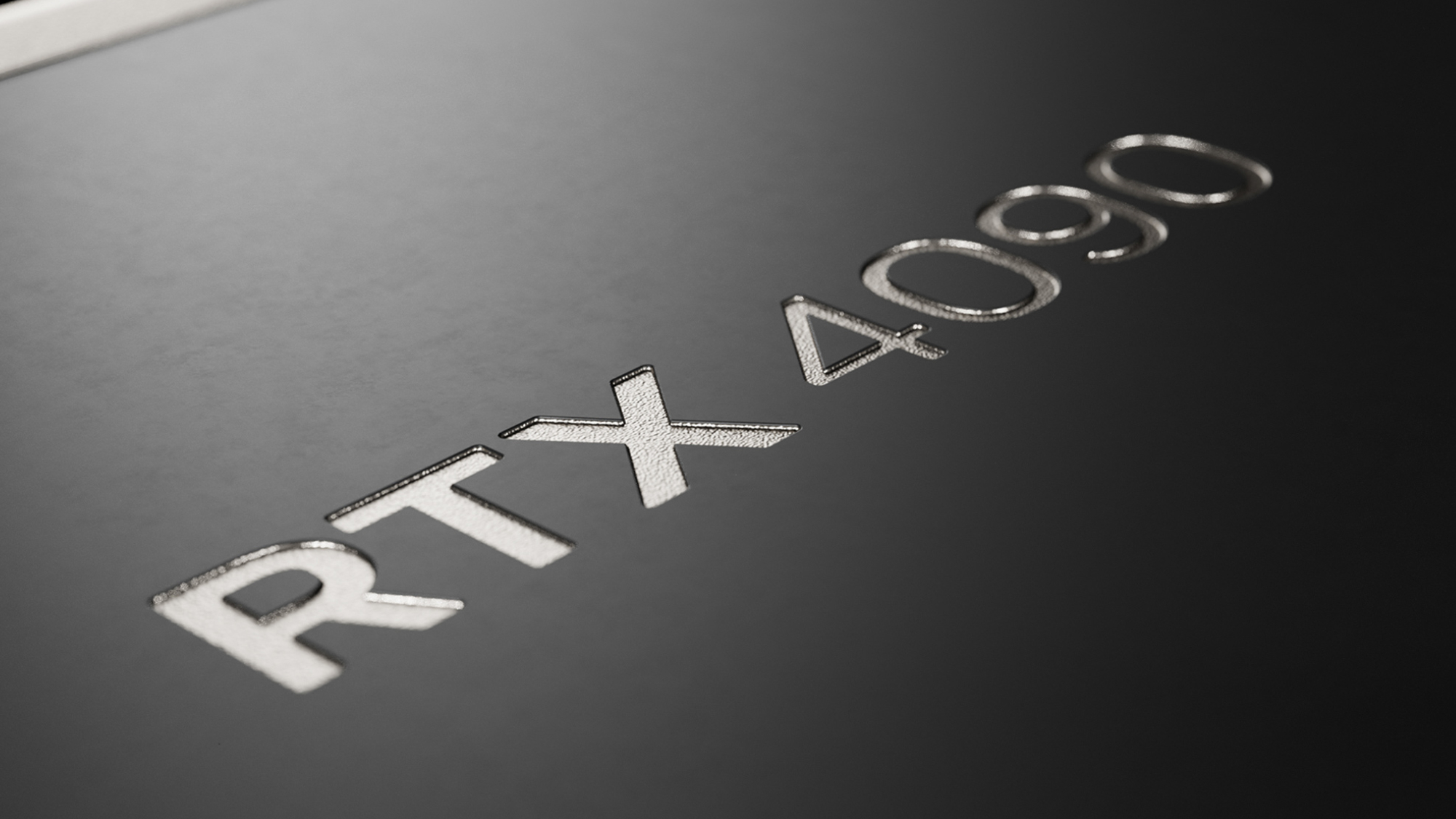
When it comes to either buying or building a performant gaming PC, there’s no more important component than the GPU. Skip back 10 years, and the gap between Nvidia graphics cards and ones from AMD was razor thin. Now though, Team Green’s GPUs dominate the market thanks to their support for frame rate-boosting Nvidia DLSS and their superior handling of ray tracing.
If you’re in the market for a new PC and have a bit of expendable cash, you should really be looking at a Nvidia GeForce RTX 40-Series card. If money is no object, the RTX 4090 is obscenely powerful and will allow you to play the best Steam games in 4K at frame rates of 120 fps and above. If you want a GPU that won’t decimate your bank balance, the RTX 4060 is a far more affordable card that’s well suited for both 1080p or 1440p gaming — offering more power than even the PS5 Pro serves up.
You should also take into account how much memory a GPU has. Increasingly modern PC games are becoming increasingly VRAM hungry. In an age of colossal high-res texture packs, 8GB cards are struggling more and more. To future-proof your system, you really want a GPU with at least 12GB of on-board GDDR6 memory.
2. Don’t skimp on the CPU
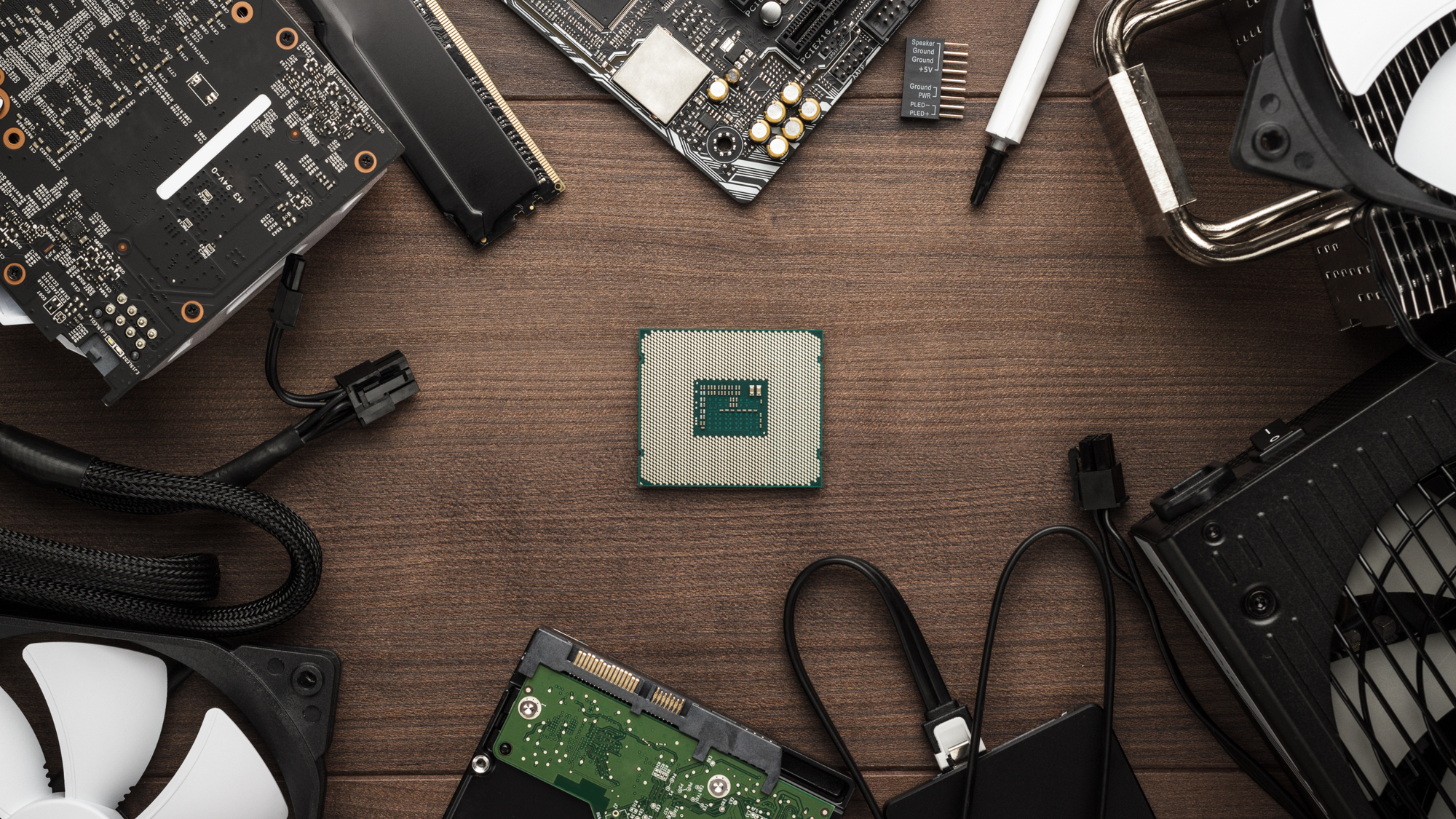
There’s no denying selecting a good GPU should be your number one priority when buying or assembling your next gaming PC. However, that doesn’t mean you should overlook your system’s CPU. Picking a fast processor should be a close second on your to do list, as many modern PC games can be bottlenecked by CPU performance if your processor isn’t up to snuff.
Get instant access to breaking news, the hottest reviews, great deals and helpful tips.
For around $200 you can nab a top-tier gaming CPU that won’t obliterate your credit card. Processors like the AMD Ryzen 5 7600X and Intel Core i5-13400 pair well with GPUs like the Nvidia GeForce RTX 4070. Just ensure your motherboard has the right socket: the Ryzen 5 7600X needs a Zen 4 board, and the Core i5-13400 requires a Raptor Lake-compatible board. For the ultimate pairing with an RTX 4090, consider a top-tier processor.
Then the Zen 4 AMD Ryzen 7 9800X3D ($360) is currently the best gaming CPU on the planet — followed closely by the Intel Core Ultra Series 2, which will require something with a Z890 socket.
One final thing to note if you’re building a gaming PC: be extremely careful when you’re placing your new CPU into your motherboard. The pins in a CPU socket can bend all too easily, and if even one or two get slightly damaged because you dropped your processor in with too much force, not only will your PC not boot, you’ll void your motherboard’s warranty in most cases.
3. Motherboard matters
A motherboard is the central component that ties all the other parts of a PC together. Though it may not be as exciting as a cutting edge GPU, buying a gaming rig with a reliable motherboard or choosing the right board for your next build is something you should place a lot of value on.
If you decide to purchase a pre-built PC, pretty much all of the hard work is done for you. Yet if you’re going to assemble your own gaming rig, you need to be certain the components you’re picking out are compatible with your motherboard.
The most important factor is CPU compatibility. If the CPU socket on your board doesn’t support your processor, your PC’s operating system won’t boot. Make sure your motherboard will work with whatever CPU you’re eyeing up before you pull the trigger.
Gigabyte Z890 Gaming Motherboards: from $289 @ Amazon
You can install all the fancy PC components you like, but without the right motherboard, they'll never reach their full potential. The Z890 motherboards from Gigabyte are made to work with Intel Core Ultra processors (Series 2), sending your gaming to a whole new level.
The groundbreaking D5 Bionic Corsa technology is at the center of this motherboard. The AI SNATCH engine boosts your DDR5 memory speeds so your overclocking is more efficient and stable without all the trial and error. You don't even need to be an expert to get the most out of your motherboard with the CPU AI Boost. All it takes is one click. Along with the EZ-Latch innovations, this is a motherboard that will push your computer to its limits while being more DIY-friendly than ever.
You should also take into account the measurements of your motherboard. Ensure your board will fit into any PC case you’re thinking about buying before you part with your hard-earned.
How many RAM slots, the number of PCIE lanes and NVMe slots should also be considered, as they will all have a direct impact on how much memory or storage your PC can handle, while also dictating how large of a GPU your motherboard can accommodate.
A motherboard is the heart of your gaming PC. Don’t skimp on a substandard one.
4. A cool case is key
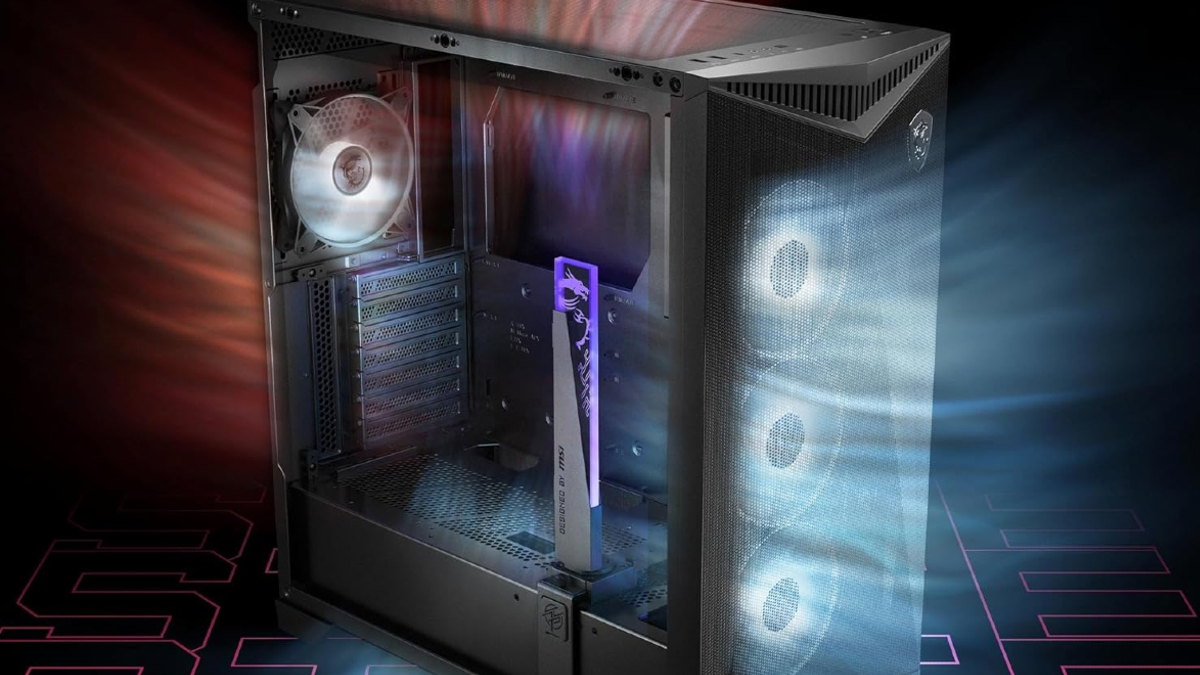
Keeping all your PC components cool is crucial if you want to avoid crashes that can be caused by overheating. While traditional CPU fan coolers work just fine, if you want to safeguard your processor as much as possible, it’s best to go the air cooler route for the best, most reliable performance. The case you choose for your gaming PC plays a pivotal part in keeping your GPU and RAM nice and chill.
Regardless of whether you’re looking at pre-build rigs or picking out a case for a home-made build, selecting a chassis with good airflow is important. Ideally you want a case with a trio of front fans, a couple of fans on the top of the case and an additional one at the rear. A mid-tower case like the MSI MPG Gungnir 300R is $155 at Amazon, and should help keep all your precious PC parts at safe temperatures.
5. Future-proof your PC with a powerful PSU
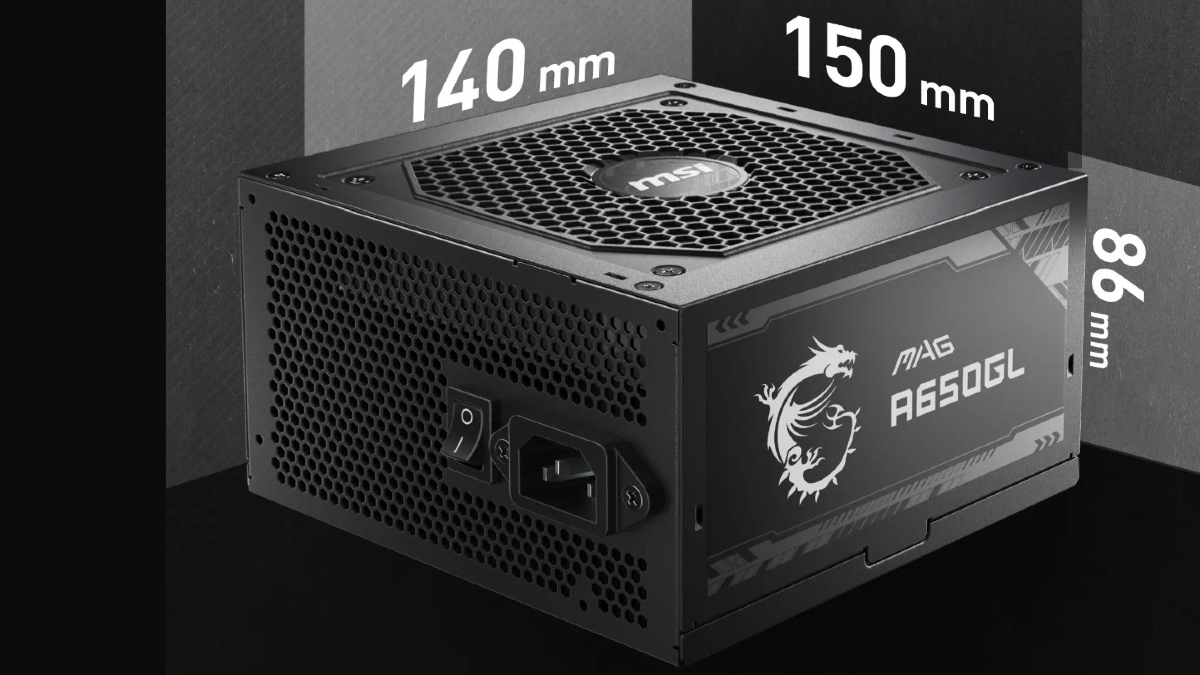
Choosing a gaming PC with a strong power supply (or “PSU”) is an important factor for future-proofing your rig. While you can get away with a 650W PSU if you’re intending to buy or build a mid-range gaming PC, you need a good deal more than that if you’re looking to own a beast. If you’ve got your eyes on a RTX 4090 you’ll ideally need a PSU that’s at least 850W, as Nvidia’s mighty GPU has a power draw of 450W.
It’s also important that you look read up on a PSU’s decibel levels where you can, as a good power supply shouldn’t just juice up your PC; it should do so at a reasonably quiet level where the fans won’t irritate your ears. Picking up a PSU from a well-known manufacturer is recommended, as the last thing you want is a bricked system that goes kaput because you bought a questionable power supply.
6. Don’t go overboard on RAM
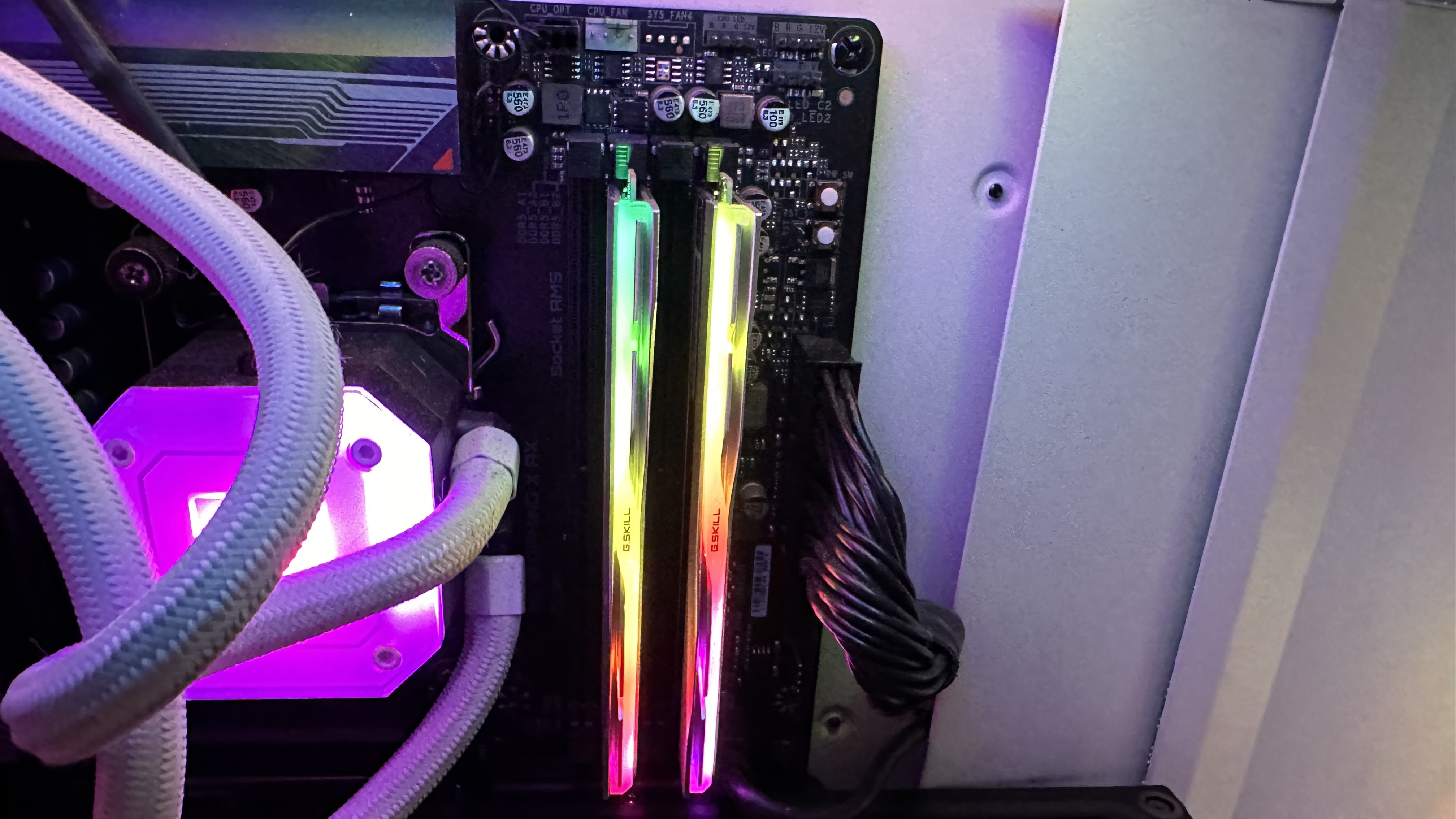
Having a decent amount of memory can boost in-game performance, but there’s no need to go overkill on the RAM front. Your GPU and CPU have a lot more influence over frame rates in titles than how much memory you have, so needlessly loading up your system with a bunch of RAM isn’t recommended. The sweet spot when it comes to PC gaming continues to be 16GB of RAM (preferably DDR5).
There are very few games out there that will take advantage of a rig that has 32GB of RAM, so if gaming is all you really care about when it comes to PCs, aim for 16GB. That said, if you’re both a gamer and a video editor/content creator, 32GB of RAM can prove very useful for rendering large 4K video files in speedy fashion.
7. PC port selection is important
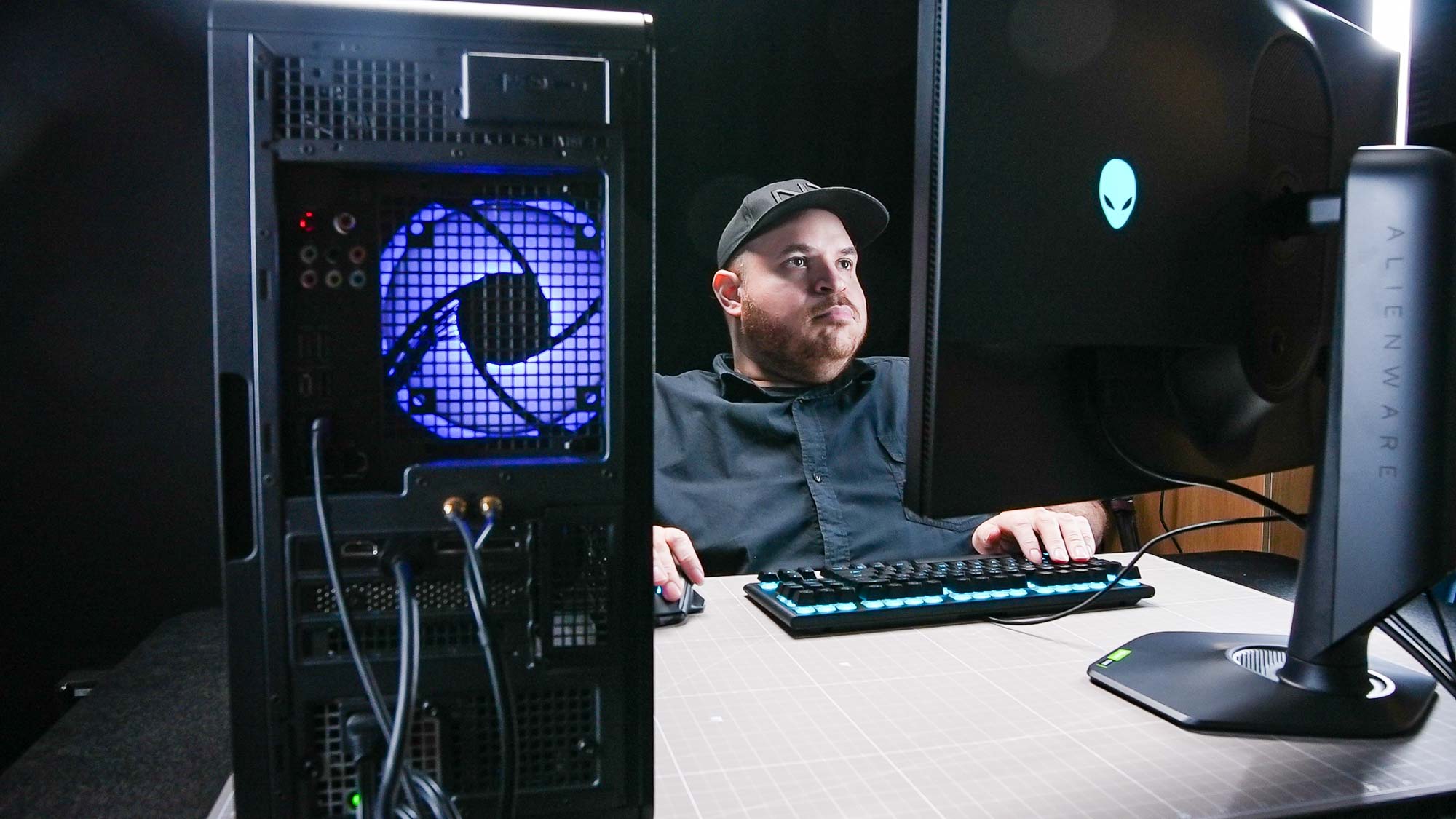
Buying or choosing a PC with a motherboard that offers a wide range of ports can improve your gaming experiences significantly. Although a PC with a lot of ports won’t boost frame rates or graphical fidelity in the best PC games, it will give you the option of plugging all manner of gaming accessories into your rig.
Whether it’s one of the best PC game controllers, one of the best gaming headsets or one of the best webcams (if you’re a streamer), your motherboard should have plenty of USB-C and USB-A ports. Your mobo should also feature both HDMI 2.1 and DisplayPort connections to provide the best image quality possible for hooking your rig up to one of the best gaming monitors.
More from Tom's Guide
- The best gaming laptops: tried and tested
- The best curved monitors you can buy today
- The best cheap gaming headsets: top picks ranked

Dave is a computing editor at Tom’s Guide and covers everything from cutting edge laptops to ultrawide monitors. When he’s not worrying about dead pixels, Dave enjoys regularly rebuilding his PC for absolutely no reason at all. In a previous life, he worked as a video game journalist for 15 years, with bylines across GamesRadar+, PC Gamer and TechRadar. Despite owning a graphics card that costs roughly the same as your average used car, he still enjoys gaming on the go and is regularly glued to his Switch. Away from tech, most of Dave’s time is taken up by walking his husky, buying new TVs at an embarrassing rate and obsessing over his beloved Arsenal.
 Club Benefits
Club Benefits





